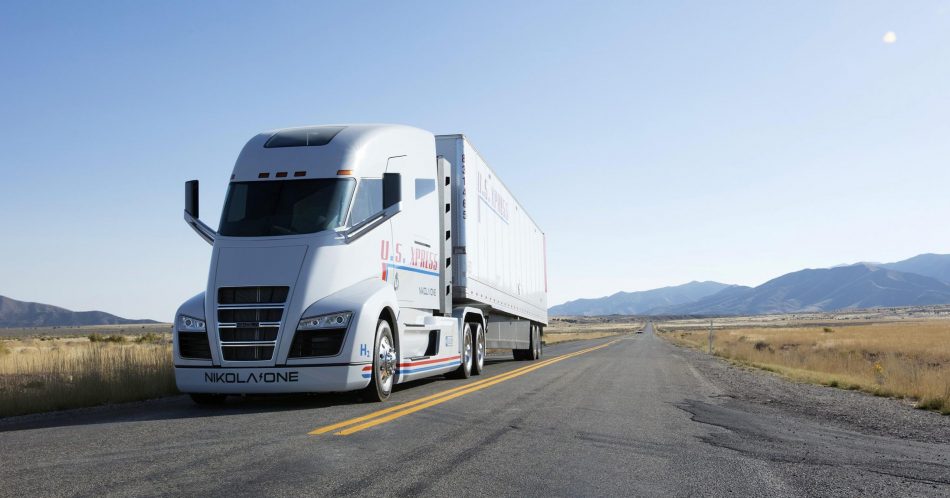Fifteen states and Washington, DC have announced that they will follow California’s lead in switching all heavy-duty trucks, vans, and buses over to running on electricity, in what could be one of the most significant efforts to reduce harmful diesel engine pollution in the United States. It could also be a big development in the fight for environmental justice because emissions from diesel-powered commercial vehicles disproportionately harm Black, Asian, and Latinx communities.
The states that signed the agreement along with Washington, DC are: California, Connecticut, Colorado, Hawaii, Maine, Maryland, Massachusetts, New Jersey, New York, North Carolina, Oregon, Pennsylvania, Rhode Island, Vermont, and Washington. California’s Air Resources Board (CARB) announced in late June that all commercial trucks and vans must be zero-emission by 2045, with milestones along the way.
The state previously announced a rule in 2018 that says transit agencies must purchase all-electric buses starting in 2029. The phalanx of states and the District of Columbia are agreeing to similar goals, making it so that “100 percent of all new medium- and heavy-duty vehicle sales be zero emission vehicles by 2050, with an interim target of 30 percent zero-emission vehicle sales in these categories of vehicles by 2030,” according to the New York Governor’s Office.
Although the agreement is not legally binding, many states have followed California’s lead before when it started embracing electric cars before anyone else. Considering the environmental and economic benefits that can come with electrifying trucks and buses, who’s to say these 15 states (and DC) won’t stay true to their promise in following California?











